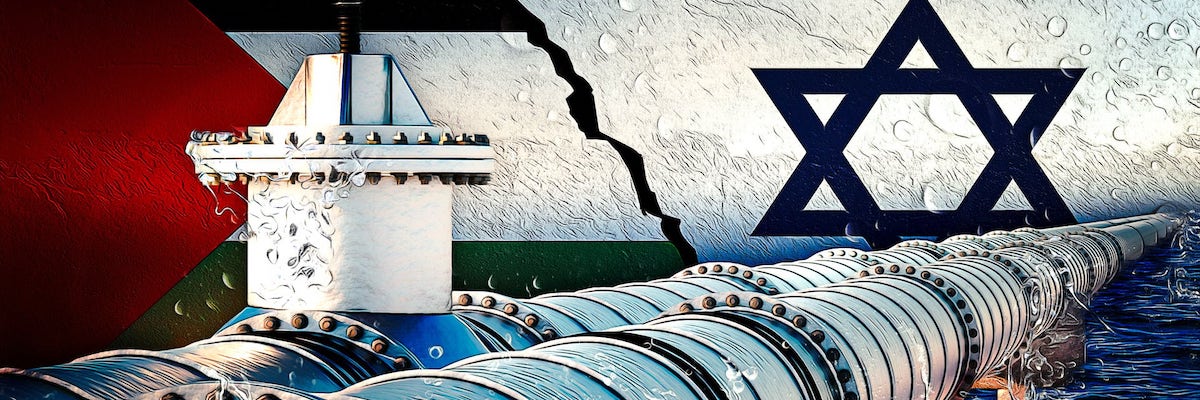By Matt Vespa
++++
Another Democrat Lawmaker Leaves Party, Joins GOP
+++
I believe the Chinese will continue to stick pins in us and continue to probe and try and disrupt our society by creating controversy, social and political upheaval and, as long as Biden is president, there is little we can do about it because he and the Obama holdovers are basically in control.
That said, a ground swell of resistance is beginning to form which should, at the very least, slow down their success but it will not stop their penetration. We are an open society. Their's is a closed one and we cannot penetrate them as they do ours. Xi is hell bent on destroying us. He is not willing to compete and do business with us. Live and let live is not something in his lexicon.
Our freedom, our democracy threatens a total communist society because we are a beacon of light that cannot be overlooked and which Xi fears. He is paranoid and believes he can survive only by restraining and acting in a totalitarian manner. All dictators do. War is his fall back and if that means depriving his people of a better living, a more comfortable life so be it.
Reagan and Trump understood this. A growing segment of the American society do not. They actually believe you feed a bully and "he" will relent. If this drives or dictates our foreign policy we are finished because we are too busy socializing our military ,spending money on nonsense, and wasting our resources. The Kerry's and Soroses of the world control the levers of our government and we might as well move our Capitol to Davos.
+++
Israel Isn’t Perfect, but It’s an Example for the Mideast
By Nadim Koteich
In Israel, the battle to safeguard democracy takes precedence above all else. Despite Iran’s recently enriching uranium at 83% purity—shortening the time to create a nuclear weapon to about two weeks—Israelis remain focused, first and foremost, on fighting for their nation’s democratic principles. This presents a valuable lesson for the rest of the Middle East.
Last Saturday evening, tens of thousands of Israelis gathered across the nation to protest Prime Minister Benjamin Netanyahu’s recently paused judicial-reform plans. That was a mere two days after a brief yet perilous spate of violence visited Israel in the form of missiles fired from Hamas in Lebanon and Gaza.
These unceasing protests—the subject of which isn’t the nation’s increasingly belligerent adversaries but its own government’s judicial-reform plans—reveal the maturity of Israel’s democracy. More specifically, they underscore that for many Israelis the pursuit of the rule of law is superior to national-security concerns.
While Israel debates policy and holds regular elections, much of the Middle East remains under authoritarian rule that quashes political discourse and silences dissent under the saying “No voice goes higher than the voice of the battle.” As a Lebanese who has lived under the dictatorships of Hezbollah and Bashar al-Assad, I’ve witnessed how this slogan has been used to free autocrats from accountability for economic disarray, the erosion of human rights, and the destruction of infrastructure.
Any Middle Eastern observer would draw a distinction between the demonstrations in Israel and the protests elsewhere in the region—including, more recently, in Iran, Iraq and Lebanon. In those countries, public dissent is often described by the authorities as treasonous, the work of foreign enemies, or both. These claims are used to justify harsh repression in the form of lawless imprisonment and execution.
Yet when similar conspiracy theories surfaced in Israel—suggesting, as the prime minister’s son did, that demonstrations were prompted and supported by Washington—Israelis firmly rejected them. Israelis’ resistance to these ideas further showcases the strength of their democratic commitment.
Israel’s democracy isn’t flawless. The state grapples with its two goals—preserving its Jewish core while promoting inclusivity for all, including Arab Israelis. This dilemma sometimes marginalizes the latter group and perpetuates socioeconomic inequalities. The low political participation and representation of Arabs hinders their influence. Likewise, Israel’s resettlement policies in the West Bank tarnish its democratic image, raising concerns about its commitment to liberty, equality and justice. Addressing these issues is crucial to strengthen Israeli democracy and foster a genuinely inclusive society.
But the Palestinian issue shouldn’t be the sole metric by which we measure Israel’s standing as a democracy. Few countries in the Middle East have a sterling record when dealing with ethnic or racial minorities. Ask the Kurds and Christians in Iraq, Syria, Iran and Turkey, or consider the hostilities between Sunni and Shiite Muslims.
Nevertheless, Israel’s democracy stands tall. Its current struggle is a fight to uphold the rule of law, which ought to be the primary focus of the region’s people and leaders, particularly given the prevailing conception that conditions aren’t ripe for a fully developed democracy in the Arab world.
Countries such as the United Arab Emirates have embraced the principles of good governance, advocating transparency, accountability and the rule of law as cornerstones for economic and social development. The U.A.E., a federation of seven sheikhdoms led by Abu Dhabi, has achieved stability and progress without adhering to a wholly democratic model. In recent years, it has maintained its ability to attract and retain talent, especially in the fields of fintech, artificial intelligence and the arts—all of which rely heavily on an efficient judicial system that safeguards intellectual-property rights and fosters a business-friendly environment. By adopting the rule of law, the U.A.E. stands at the forefront of efforts to foster a more inclusive and peaceful future for the Middle East—as seen in its signing the historic Abraham Accords with Israel, Morocco, Sudan and Bahrain.
The battle to safeguard Israeli democracy and the rule of law will doubtless continue for some time. As we in the Middle East observe this unfolding drama, we can glean valuable insights that, if employed wisely, could improve the region’s well-being and security for years to come.
Mr. Koteich hosts “Tonight with Nadim” on Sky News Arabia.
++++++++++++++++++++++++++++++++++
Honest Reporting sets the record straight but no one cares
+++



No comments:
Post a Comment